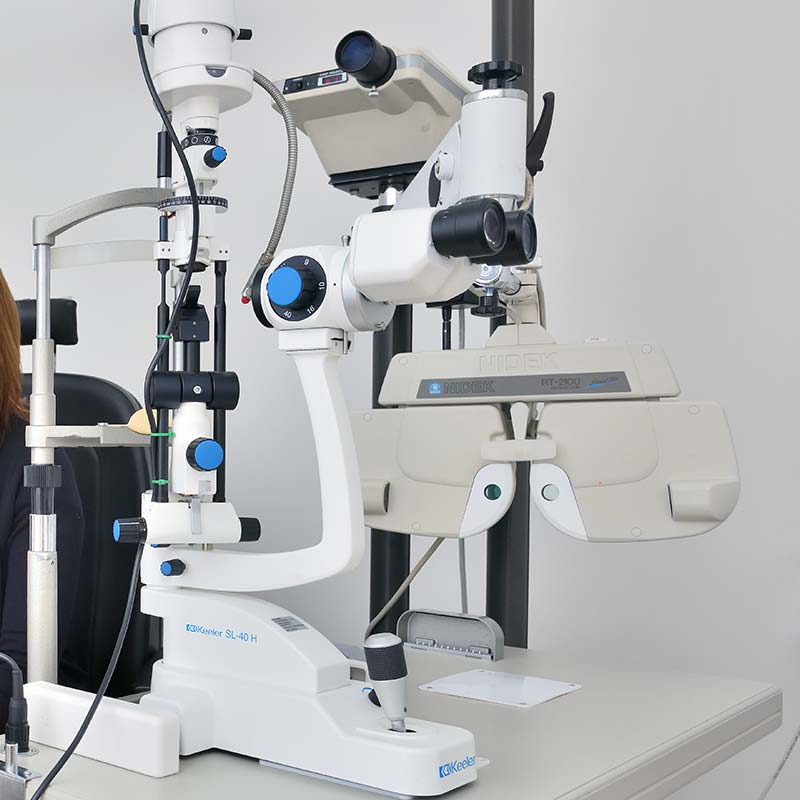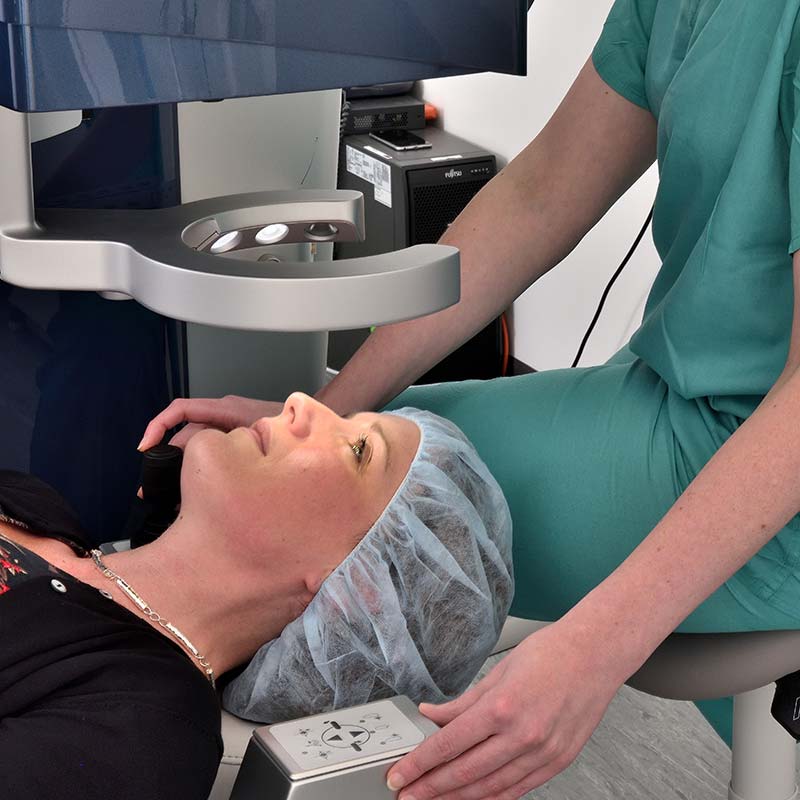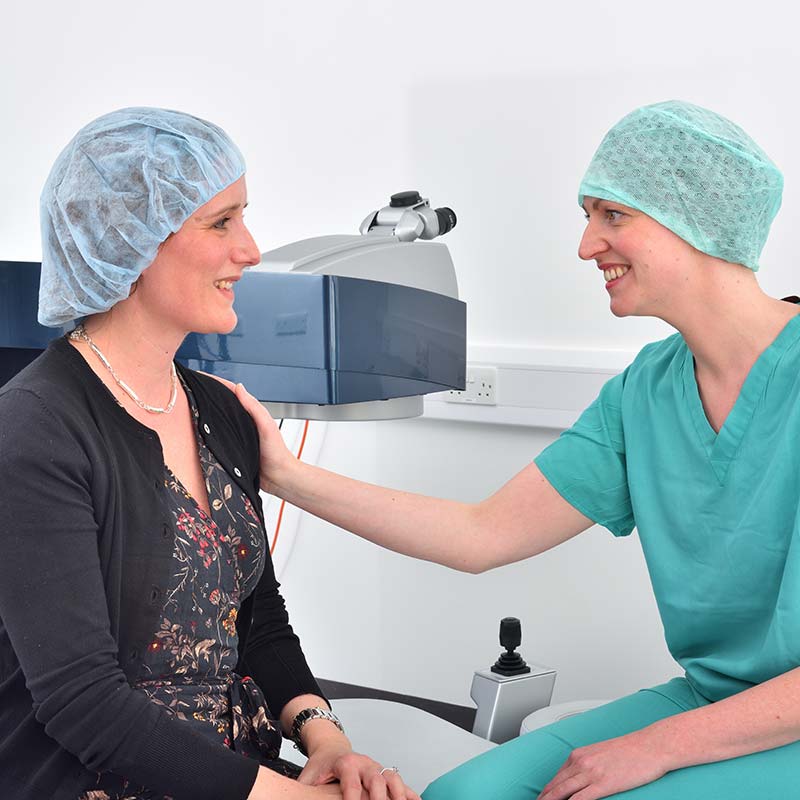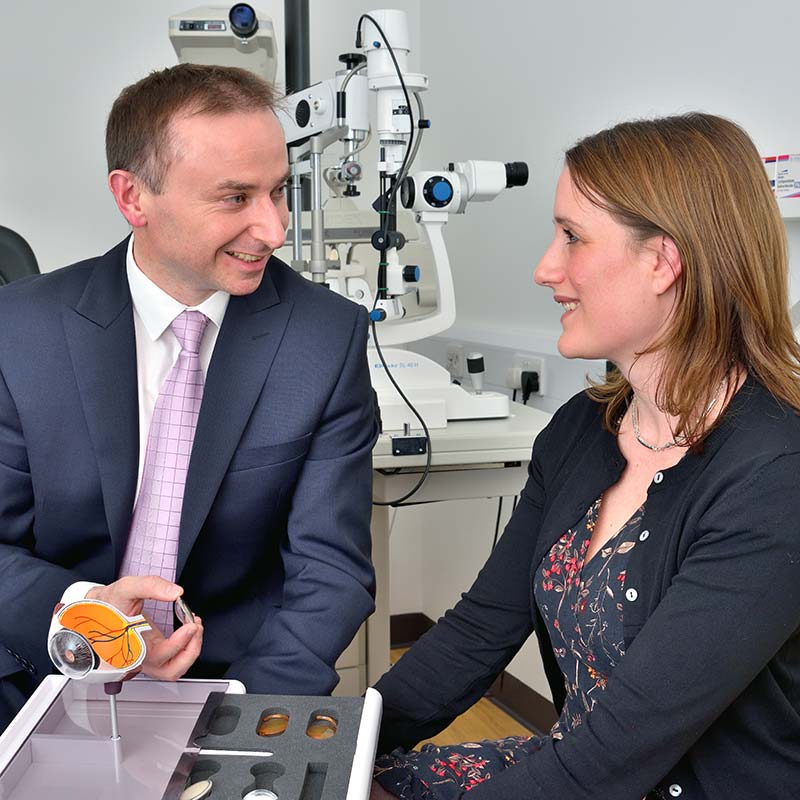- 08008 20 20 80
Menu
Menu





The day ward is a great place to relax for a few hours and we encourage you to bring a family member or friend to drive you to and from your appointment.
Your consultation is a time to meet your surgeon, ask any questions you have and even visit the laser suite to see where you’ll be having treatment. We can also book your treatment date.
Refreshments are also provided. We do prefer you to have an empty stomach at the time of treatment, so please avoid food/drink for 2-3 hours before surgery.
The day ward is a great place to relax for a few hours and we encourage you to bring a family member or friend to drive you to and from your appointment.
Your consultation is a time to meet your surgeon, ask any questions you have and even visit the laser suite to see where you’ll be having treatment. We can also book your treatment date.
Refreshments are also provided. We do prefer you to have an empty stomach at the time of treatment, so please avoid food/drink for 2-3 hours before surgery.
You’ll be awake throughout the procedure, and can expect to see bright lights, vivid colours and swirling water, but no actual detail of what’s happening.
On the day of treatment, we’ll ask you to sign some forms and your consultant will meet you prior to your procedure for some final checks and to give you the opportunity to ask any questions you may have. A member of our clinical support team will take you down to our state of the art laser suite and will stay with you throughout your treatment.
Surgery normally takes 10 minutes and while you may experience moments of discomfort (usually due to pressure changes inside your eye) lens surgery is not normally painful. Your surgeon will talk to you during surgery if you wish.
You’ll be awake throughout the procedure, and can expect to see bright lights, vivid colours and swirling water, but no actual detail of what’s happening.
On the day of treatment, we’ll ask you to sign some forms and your consultant will meet you prior to your procedure for some final checks and to give you the opportunity to ask any questions you may have. A member of our clinical support team will take you down to our state of the art laser suite and will stay with you throughout your treatment.
Surgery normally takes 10 minutes and while you may experience moments of discomfort (usually due to pressure changes inside your eye) lens surgery is not normally painful. Your surgeon will talk to you during surgery if you wish.
Afterwards you will see straight away, although your eyesight will probably be blurred for a day or two.
There will be a clear plastic shield over your eye, which you will remove the following day so you can start using drops. You can drive again once you’re able to read a car number plate at 25 paces, and when you feel confident to drive.
We’ll give you plenty of information about what type of activities you should avoid while your eyes are healing, as well as the contact details of your surgeon in case you have any questions or concerns.
Afterwards you will see straight away, although your eyesight will probably be blurred for a day or two.
There will be a clear plastic shield over your eye, which you will remove the following day so you can start using drops. You can drive again once you’re able to read a car number plate at 25 paces, and when you feel confident to drive.
We’ll give you plenty of information about what type of activities you should avoid while your eyes are healing, as well as the contact details of your surgeon in case you have any questions or concerns.
© 2019 Laser Vision Scotland. All rights reserved.